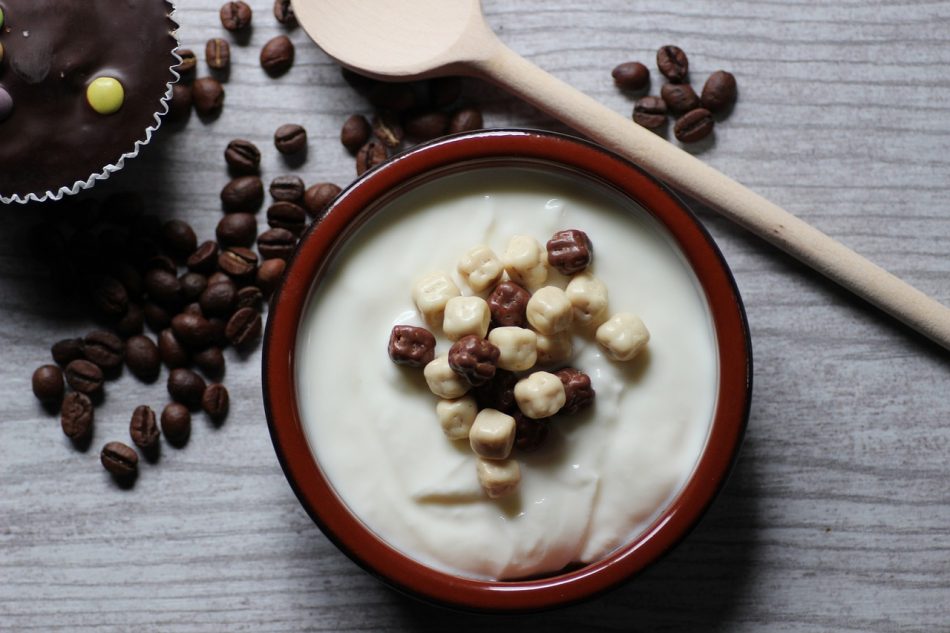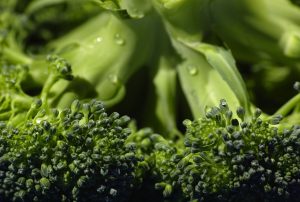Are You Getting Enough Probiotics?
Checking your gut health

Probiotics are the “good” or “healthy” bacteria that live in our gut and keep our gastrointestinal tract in optimal health. It’s estimated that this nice mix of microflora growing in our intestines amounts to some 100 trillion bacteria—10 times more than the 10 trillion total cells making up our bodies.
The World Health Organization (WHO) and the Food and Agriculture Organization (FAO) of the United Nations define probiotics as “microorganisms that, when administered in adequate amounts, confer health benefits to the host.” But just how much probiotics is “adequate,” and how can you work them into your diet?
How much—or many—do you need?
You may have seen TV ads featuring Jamie Lee Curtis touting a particular yogurt for its “healthy bacteria,” but is eating an occasional carton of yogurt going to be enough? Hardly—research suggests that in order to ingest a “therapeutic” amount of bacteria, we need to eat a dollop of yogurt that contains around 10 billion “colony-forming units” or CFUs (aka “bacteria”). And since many of the yogurts you can buy in grocery stores, including the one Jamie is holding up for the camera, contain bacteria “only” numbering in the millions, that’s not going to be nearly enough.
Benefits even from run-of-the-mill yogurts having “active cultures”
But in spite of most yogurts’ relatively paltry bacterial numbers, even those merely containing “active cultures” can still help with certain gastrointestinal ailments, including:
constipation
diarrhea
lactose intolerance
inflammatory bowel disease
colon cancer
infection with H. pylori (the bacteria that’s linked with peptic-ulcer disease)
Researchers at Tufts University have cited additional benefits to be had from yogurts with active cultures:
enhancement of the body’s immune system
decrease in the time food takes to go through the bowel
positive changes to the microflora of the gut
Foods containing probiotics
Probiotics, which include such bacterial species as Lactobacillus, Bifidobacteria, and yeast, can be found in foods such as:
yogurt
milk
miso tempeh
soy beverages
Benefits of higher doses of probiotic bacteria
Lactobacillus acidophilus, the one with lactic-acid bacteria (and abbreviated L. acidophilus on food labels), is the most well-known healthy bacteria and comprises the largest family of probiotics. L. acidophilus can also be ingested in supplements, with doses ranging from 1 billion to 35 billion or more per serving. These products with the highest doses are typically found online rather than at pharmacies and grocery stores. What are the potential health benefits of probiotics in these higher doses that you won’t find in yogurt? Researchers have found that high-dose probiotics have many health benefits, including:
treatment of diarrhea
treatment of irritable bowel syndrome (IBS)
reduction of the recurrence of bladder cancer
prevention and treatment of urinary tract infections
shortening of duration of intestinal infections
prevention and treatment of inflammation after colon surgery (also called pouchitis)
prevention and management of eczema in children
possible prevention of kidney stones (because L. acidophilus can encourage the growth of another bacteria, O. formigenes, which can decrease the risk of kidney stones)
Side effects or risks associated with the use of probiotics
While probiotics are generally found to be safe, only a few studies have been conducted on elderly, young, or immune-compromised populations. In populations where probiotic use has been studied, though, side effects are typically mild (for example, increased gas or bloating).
General considerations
As with any supplement, always check with your doctor before beginning a new regimen.
It’s important to note that dietary supplements (including vitamins and minerals) are not regulated by the FDA and therefore these products might not have the quality or purity that’s suggested by the label.
Choosing a well-known brand, or buying products bearing a USP label, will ensure that the product is safe.
Consumer Reports is a good place to verify if your particular probiotic contains the numbers of bacteria advertised on the label.
Article Source: https://EzineArticles.com/expert/Yemliha_Toker/2112329
By Yemliha Toker
Share This Story
More Stories

4 Easy Day Trips for a Virginia Beach Vacation
There are many day trips less than an hour away from the resort area of the city to broaden the family’s horizons while on Virginia Beach vacations.
Most Read
More Stories
Luxury Apartments Coming South Of Town Center
The community will be called Boulevard 45 and It will...
Are You Getting Enough Magnesium With Your Vitamin D?
Study finds that many Americans are not consuming enough magnesium...

How Fit Is Hampton Roads?
WalletHub compared the 100 largest metro…

New Navy Carrier To Be First Named After An African American
December 7, 1941 was a pleasant, sunny day in Hawaii, when out of the sky appeared 350 Japanese bombers and fighters…

Virginia Beach Tech & Research Timeline
Tracking Virginia Beach’s emergence as a major tech hub.

Virginia Beach Called One Of The Best Cities To Raise A Family In
These cities were compared by analyzing five key…

Four Hampton Roads Cities Included On Lists Of Top Digital Cities
The Center for Digital Government is a research and advisory institute…





